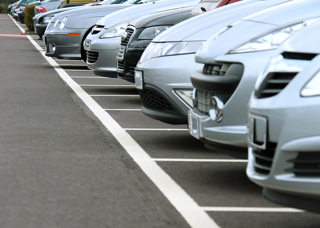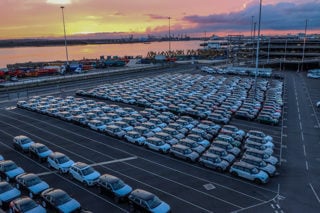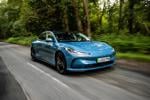New data on all licensed and registered cars, produced by the Department for Transport (DfT), shows that the number of diesel cars in Britain has fallen for the first time in at least 25 years.
The Government figures reveal that there were 111,000 fewer diesel cars on the roads in 2019, compared with a year earlier.
Last year, there were 12.29 million diesels cars, while data for 2018 shows there 12.4 million.
The proportion of diesel cars on Britain’s roads has now fallen for the past two years. After holding a record share of 39.6% in 2017, it reduced to 39.3% in 2018 and 38.5%, last year.
It is the first decline in diesel numbers since records began in 1994, when there were just 1.58 million diesel cars licensed.
The proportion of petrol cars has been declining year-on-year as more people, especially fleets and company car drivers, were persuaded to choose diesel.
However, petrol saw its share increase marginally from 58.7% in 2018 to 59%, last year.
There were 18.82 million petrol cars on Britain’s roads in 2019, an increase of 319,000 vehicles on the 18.5 million cars licensed the previous year.
Meanwhile, there were 89,000 battery electric vehicles (EVs), a massive increase on the 55,300 licensed in 2018.
The increase in plug-in hybrid cars (PHEVs) was less pronounced, with 145,000 in operation last year, compared to 115,500 the previous year.
The number of mild hybrid cars increased by more more 20% year-on-year, with 514,000 mild hybrids in 2019, an increase of 102,000 on the 2018 figure of 412,000.
Steve Gooding, director of the RAC Foundation, said: “These figures hint at a motoring milestone – the possibility that we have hit or even passed ‘peak diesel’ – due to the collapse in sales of new diesel cars together with the scrapping of older diesels, which have either come to the end of their useful lives or whose owners fear increasing restrictions on their use because of air quality concerns.”
According to the Society of Motor Manufacturers and Traders (SMMT), 583,488 new diesel cars were sold in 2019, down 21.8% on the 746,332 sold in 2018.
However, diesel-powered vans – which make up 96% of the fleet – increased in number last year, up from 3.86 million to 3.97 million.
Gooding added: “Manufacturers have struggled to develop cost-effective zero-tailpipe technologies to power these workhorse vehicles.”
The Government has said the ban on sales of new petrol, diesel and hybrid cars and vans could be brought forward from 2040 to as early as 2032 in a bid to meet carbon reduction targets.






















Login to comment
Comments
No comments have been made yet.